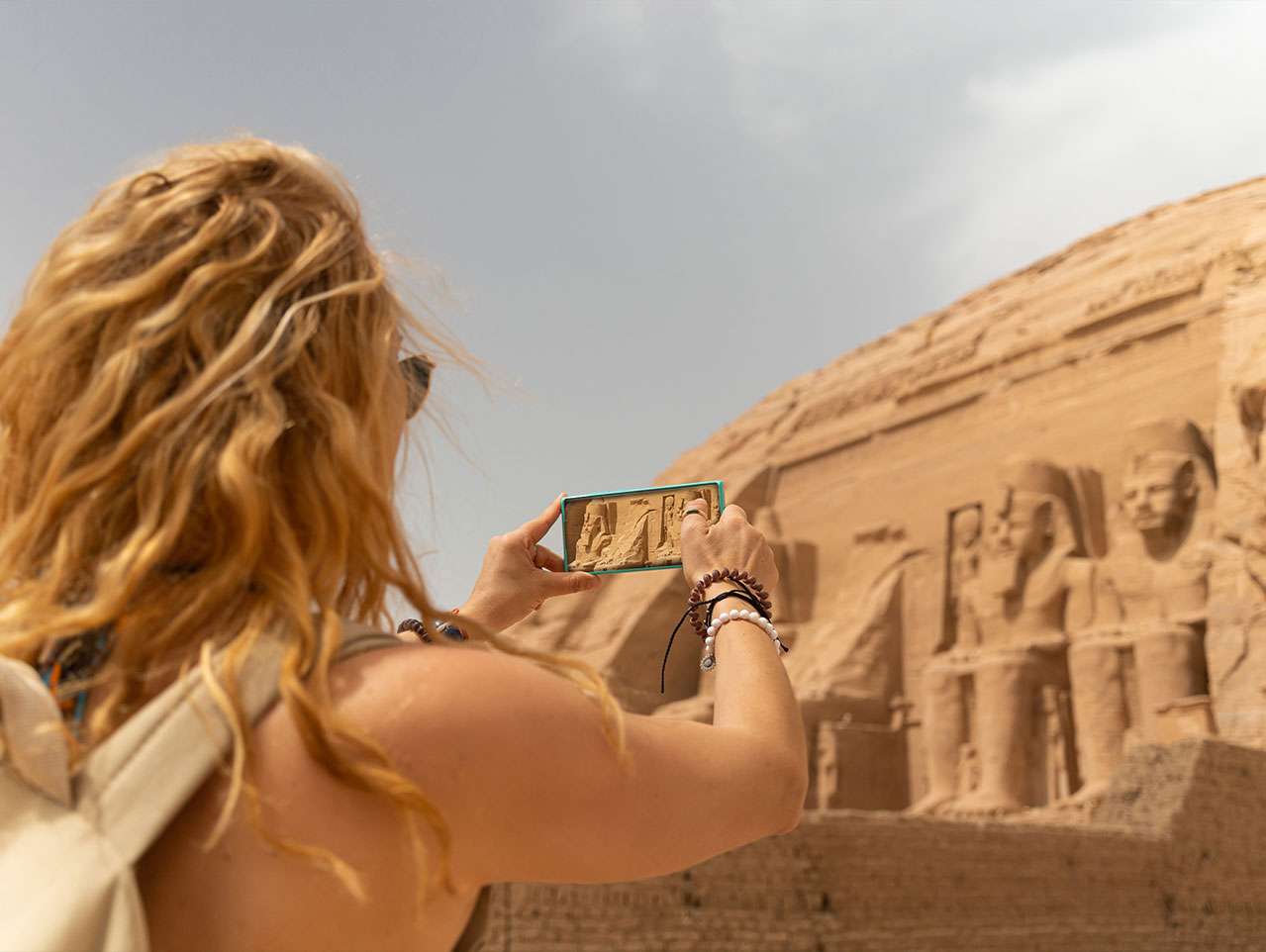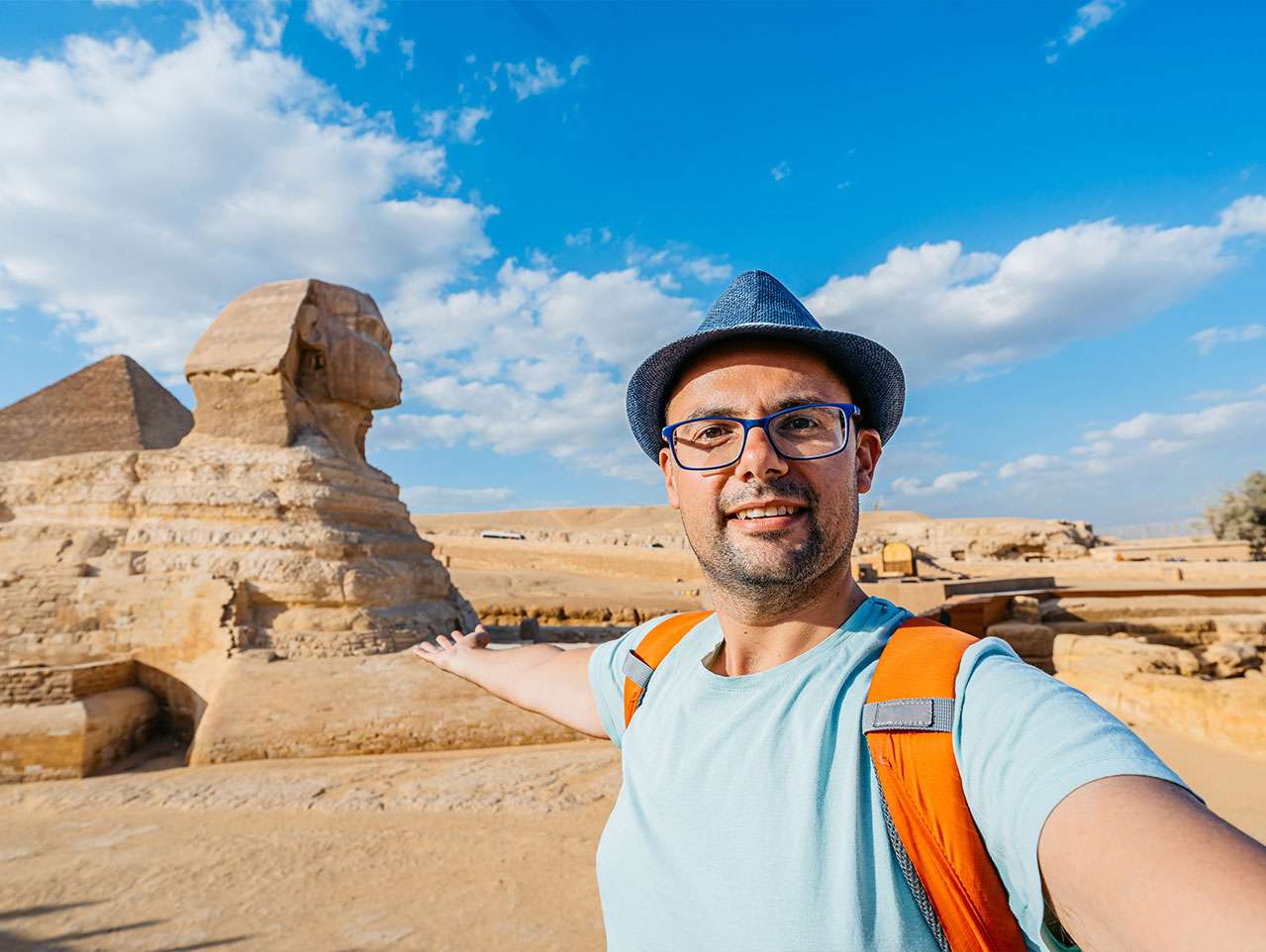
Unveiling the Mysteries of the Library of Alexandria
The Library of Alexandria, one of the most renowned institutions of the ancient world, holds a place of mythical proportions in the annals of history. Located in the cosmopolitan city of Alexandria, Egypt, this grand library stood as a beacon of knowledge and enlightenment during the Hellenistic period. Its vast collection of scrolls and manuscripts attracted scholars and thinkers from far and wide, making it a center of intellectual excellence. In this article, we will delve into the captivating history, architecture, contents, and legacy of the Library of Alexandria, shedding light on its enigmatic existence.
History of the Library of Alexandria
The Library of Alexandria was founded in the 3rd century BCE, during the reign of Ptolemy I Soter, a general under Alexander the Great. It was Ptolemy's vision to create a repository of knowledge that would rival any other in the ancient world. To fulfill this ambition, he initiated the collection of scrolls from across the known world, through means such as purchases, gifts, and even confiscation from visiting ships. The library quickly became a hub for scholars, attracting the brightest minds of the time.
The library's golden age came under the rule of Ptolemy II Philadelphus. He expanded the collection exponentially and established a system of acquiring books through a law that required all visitors to surrender their scrolls for duplication. These copies were then returned to their owners, while the originals were added to the library's collection. This remarkable initiative resulted in the accumulation of a vast amount of knowledge, making the Library of Alexandria the intellectual epicenter of the ancient world.
Architecture and Layout of the Library
The Library of Alexandria was a marvel of architectural and engineering prowess. It was located in the heart of Alexandria, adjacent to the royal palace, and consisted of several buildings interconnected by covered walkways. The main building, known as the "Mouseion," housed the scholars' quarters, lecture halls, and reading rooms. Adorned with grand columns and statues of renowned thinkers, it exuded a sense of grandeur and intellectual superiority.
The Mouseion was surrounded by smaller buildings, known as "exedrae," which contained specialized collections on various subjects such as mathematics, astronomy, medicine, and literature. Each exedra had its own team of scholars and experts who curated and expanded the knowledge within their respective fields. The entire complex was a testament to the dedication and reverence for knowledge that permeated the library.
Customize your visit to the Library of Alexandria!

Collections and Contents of the Library
The Library of Alexandria boasted an awe-inspiring collection of scrolls and manuscripts, covering various subjects ranging from philosophy and science to literature and history. It is estimated that the library housed over half a million scrolls, making it the largest repository of knowledge in the ancient world. The collection included works by renowned scholars such as Aristotle, Plato, and Socrates, as well as lesser-known thinkers whose works have been lost to time.
The library's acquisitions extended far beyond Greek and Roman literature. It actively sought manuscripts from other cultures, including Persian, Egyptian, and Hebrew texts. These diverse collections made the Library of Alexandria a melting pot of ideas and knowledge, fostering a spirit of intellectual exchange and cross-cultural understanding. Unfortunately, the majority of these precious works were lost to the ravages of time and the library's eventual destruction.
Scholars and Thinkers at the Library of Alexandria
The Library of Alexandria attracted some of the greatest minds of the ancient world, who sought to expand their knowledge and engage in intellectual discourse. Prominent scholars such as Euclid, the father of geometry, and Eratosthenes, the renowned mathematician, and geographer, were affiliated with the library. These luminaries not only contributed to the library's vast collection but also conducted groundbreaking research and made significant advancements in their respective fields.
The scholars at the Library of Alexandria were not limited to Greek and Roman thinkers. The library actively recruited scholars from different regions, ensuring a diverse and inclusive intellectual environment. Egyptian, Persian, and Jewish scholars were among those who found a haven for their studies within the library's hallowed halls. This multicultural exchange of ideas played a pivotal role in the development of ancient knowledge and laid the foundation for future intellectual endeavors.
The Destruction and Legacy of the Library
The destruction of the Library of Alexandria remains one of the greatest tragedies in the history of knowledge. The exact circumstances surrounding its demise are shrouded in mystery, with conflicting accounts and theories. Some attribute its destruction to a catastrophic fire, while others point to religious or political upheavals. Regardless of the cause, the loss of the library's vast collection reverberated throughout history, leaving a void that could never be filled.
Despite its destruction, the legacy of the Library of Alexandria endured. The intellectual and cultural impact it had on ancient society cannot be overstated. It inspired future generations to pursue knowledge, stimulated scientific inquiry, and fostered critical thinking. The library's influence can still be felt in modern academia and research institutions, serving as a reminder of the power of knowledge and the importance of preserving it for future generations.
Rediscovery and Ongoing Research
Although the physical Library of Alexandria was lost, its legacy lived on. In recent years, archaeological excavations and research have shed new light on this ancient institution, providing glimpses into its architecture, layout, and collections. The discovery of artifacts and remnants of the library has fueled ongoing investigations, aiming to uncover the secrets of this enigmatic establishment.
Modern scholars and researchers continue to explore the influence and significance of the Library of Alexandria. They delve into the surviving fragments of ancient texts, seeking to reconstruct the lost knowledge and understand the intellectual climate of the time. Through interdisciplinary studies and collaborations, they strive to piece together the puzzle of this ancient library and gain a deeper understanding of its profound impact on human history.
Fascinating Facts about the Library of Alexandria
The Library of Alexandria holds numerous fascinating facts that intrigue and captivate historians and enthusiasts alike. One such fact is that the library was not only a repository of knowledge but also a research center. It housed laboratories where scholars conducted experiments and observations, pushing the boundaries of scientific understanding.
Another intriguing aspect of the library was its role in the development of the world's first known research institute, the Mouseion. This institution allowed scholars to focus on their studies and engage in intellectual pursuits without the distractions of daily life. It provided a supportive environment that fostered creativity and innovation.

Visiting the Modern-day Library of Alexandria
Although the original Library of Alexandria no longer exists, a modern incarnation stands as a tribute to its legacy. The Bibliotheca Alexandrina, inaugurated in 2002, is a stunning architectural marvel that aims to revive the spirit of the ancient library. It houses millions of books, manuscripts, and digital resources, becoming a beacon of knowledge in the 21st century. Visitors can explore its vast collection, attend lectures, and immerse themselves in the rich intellectual heritage it represents.
Make Your Own Amazing Alexandria Egypt Day Tour Now!
The Library of Alexandria remains an enduring symbol of the pursuit of knowledge and the power of human intellect. Its legacy continues to inspire scholars and thinkers across the globe, reminding us of the importance of preserving and cherishing knowledge. While the physical library may have been lost, its impact on ancient society and subsequent generations cannot be underestimated. The mysteries and wonders of the Library of Alexandria will forever hold a place in our collective imagination, representing the pinnacle of human intellectual achievement.
related tours

Best Travel Packages to Egypt with Abu Simbel
8 Days / 7 Nights
From
$ 1445

Egypt and Morocco: Africa's Wonders
15 Days/ 14 Nights
From
$ 3300

Egypt & Jordan Ancient Wonders Tour
12 Days / 11 Nights
From
$ 2269

Best Dahabiya Nile Cruise and Cairo Tours
8 Days / 7 Nights
From
$ 3377

Egypt Tour : Giza Pyramids & Nile Cruise
8 Days / 7 Nights
From
$ 1099

Pyramids and The Nile
8 Days / 7 Nights
From
$ 1755

Luxury Egypt Tour
10 Days / 9 Days
From
$ 2609

Pyramids, Nile and Sharm El Sheikh Package
12 Days / 11 Nights
From
$ 2370

Egypt Vacation Package
12 Days / 11 Nights
From
$ 1699
